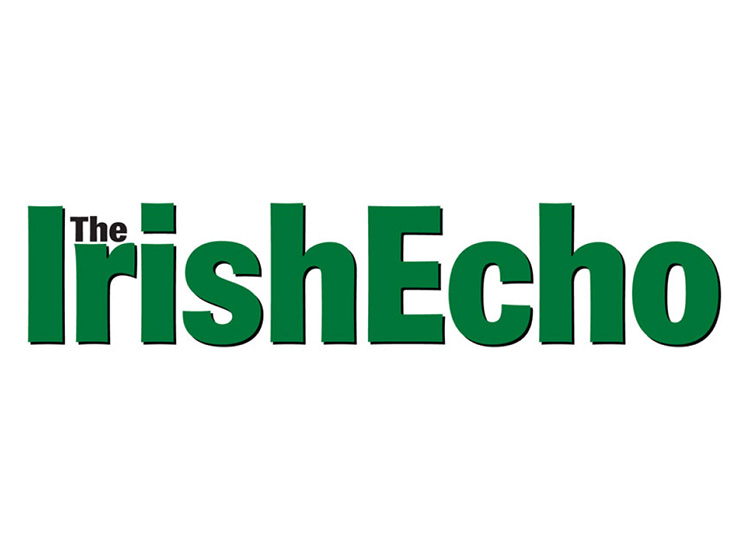The argument over piles of so-called "SuperPac" money being injected into the electoral process continues despite that U.S. Supreme Court "Citizens United" ruling a couple of years back. It was certainly evident in the Florida Republican primary with millions being injected by one particular Super Pac, in this case Newt Gingrich being the beneficiary.
The alarm bells don't sound so quickly if SuperPac money is going to a candidate who is merely wealthy. In the case of Florida, the money that Gingrich received arguably made it a more viable race for the former Speaker and his supporters. If the money had gone to the very wealthy Mitt Romney the contest would have been a completely lopsided affair and there would have been discernible disquiet in many quarters.
In New York, even as Florida raced to its conclusion, Brooklyn Assemblyman Jim Brennan was firing the latest salvo in the SuperPac debate with a resolution asking Congress to propose an amendment to the United States Constitution to provide that corporations are not entitled to the rights of natural persons that enable them to spend corporate funds to influence elections.
Brennan is of the view that the January 2010 U.S. Supreme Court ruling in Citizens United v. Federal Election Commission will now permit unprecedented spending of corporate money in our political process and may undermine American democratic institutions.
He is arguing that the first amendment was designed to protect the free speech rights of people, not corporations and that permitting unrestricted corporate spending in elections threatens to drown out the voice of American citizens.
What Brennan has termed the "extraordinary spate" of negative advertising in the current Republican presidential primaries is, in his view, an example of Superpacs funded by corporate money that are "distorting American politics."
The Supreme Court decision that is the basis for the argument over SuperPacs, as many will recall, prompted criticism from President Obama in the 2010 State of the Union Speech and an audible response from Justice Samuel Alito. Justices Alito, Scalia and Thomas absented themselves from the 2011 speech and were again elsewhere during last week's State of the Union (as was Justice Sotomayor, who was attending a judicial conference in Guam).
Clearly, the court decision has not ended the debate and it seems the ill-feeling lingers too. It will be interesting to see to what degree Superpac money features in the eventual presidential debates pitting Obama against the eventual Republican nominee.








